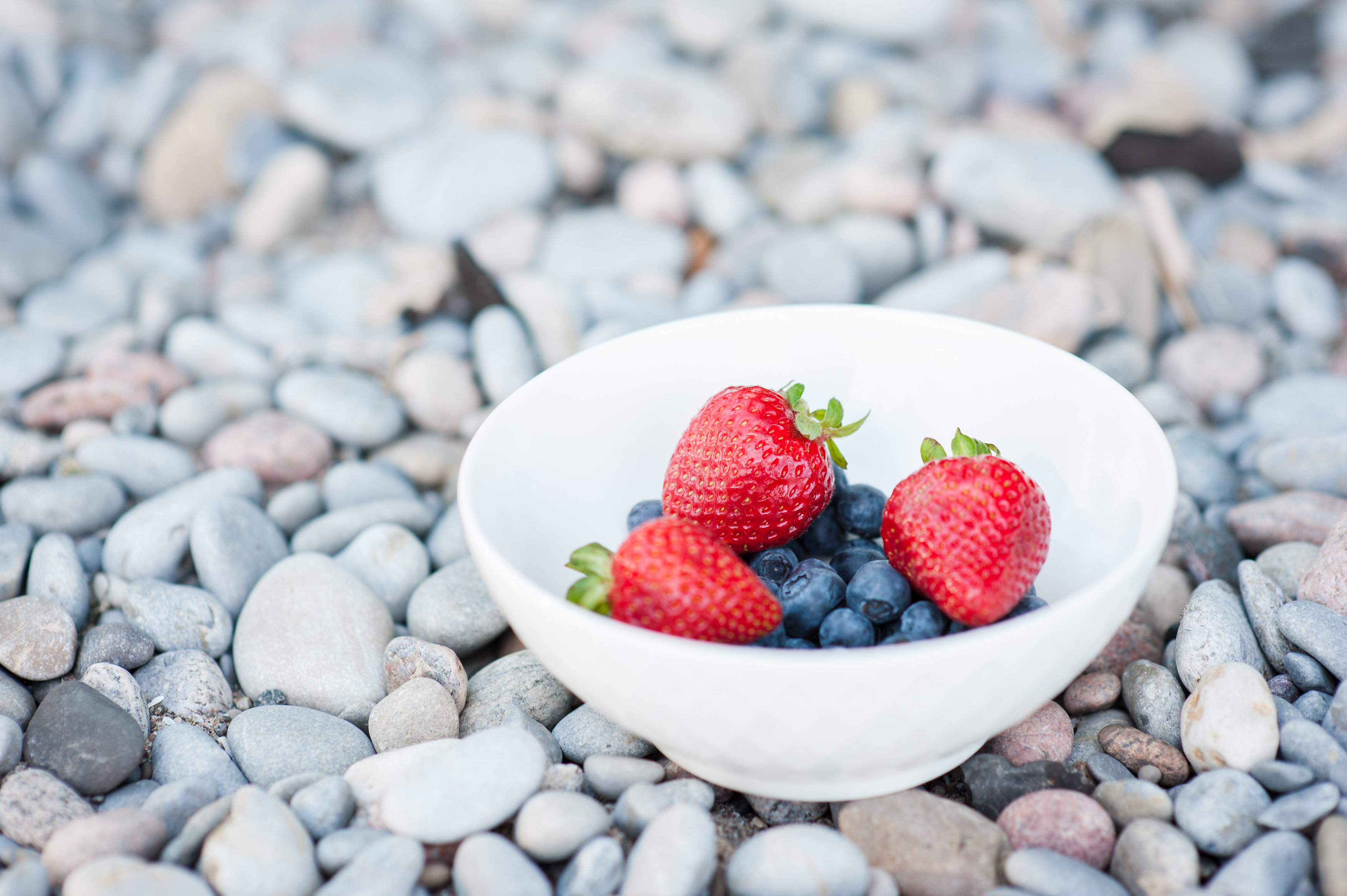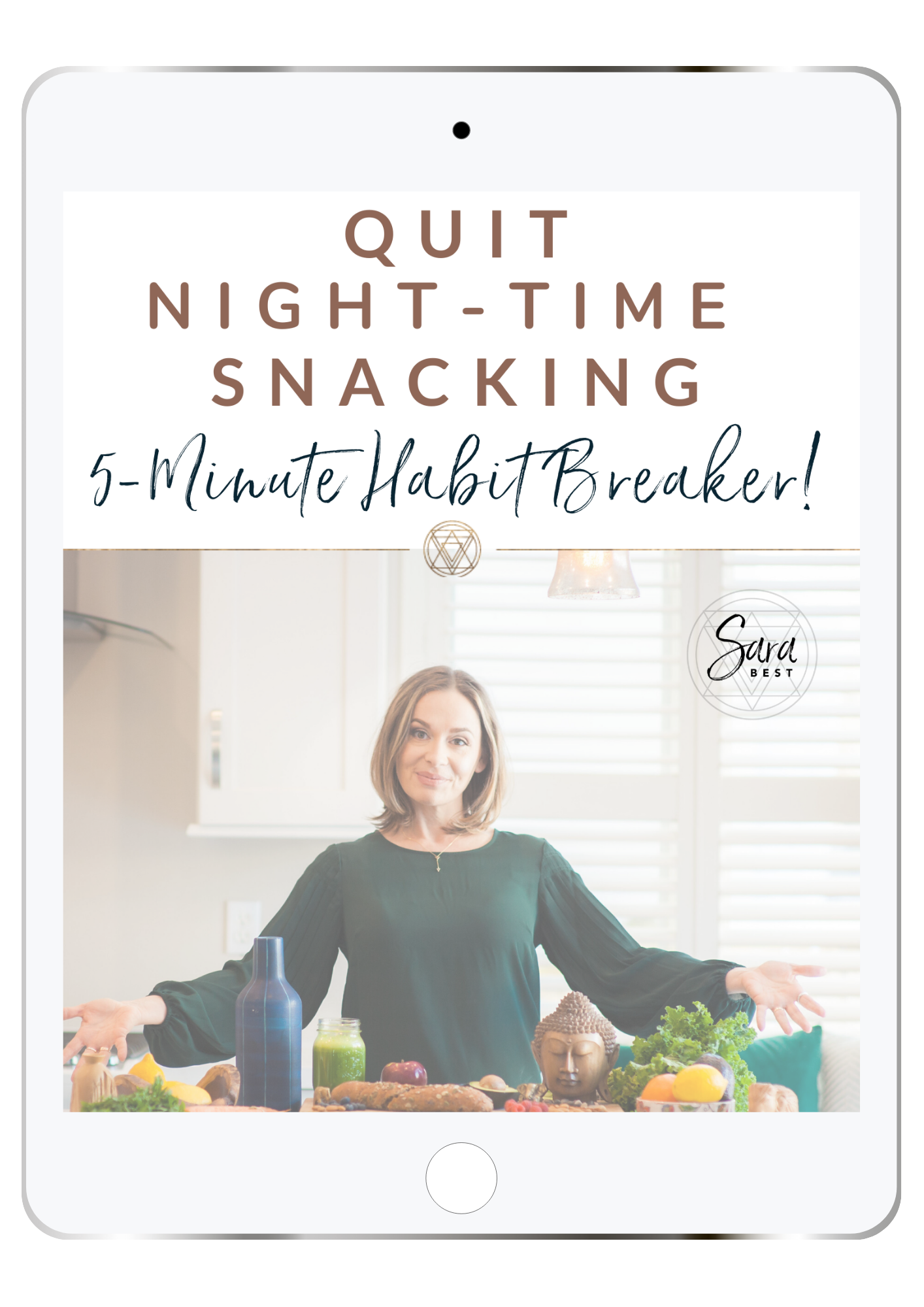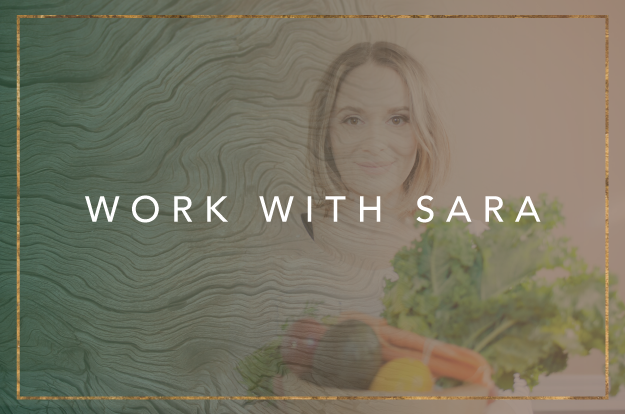
I get that there’s a lot of confusion out there these days around nutrition. This friend is doing paleo and that one’s gone vegan. One day coconut oil cures everything and the next it’s giving you heart disease.
But all the alarmist Facebook and local news stories aside, we all (kind of) know what we should be eating and not eating, right? We all know that more fruits and vegetables are good. We all know that too much sugar and processed foods are bad. We all know that fast food is a no-no.
Okay, great. So why don’t we just do that then?
Why don’t we just eat lots and lots of fruits and veggies, no sugar or processed foods and never again roll through a drive thru?
Why, in fact, are we (as a species) getting fatter and fatter every year?
Why is diabetes on the rise, to the point where the number of people diagnosed with the disease is projected to double over the next thirty years?
If we all (basically) know what we should be eating, why aren’t we doing it?
I believe that a big part of the problem is that we’re focusing too much on the food (how to eat more protein, avoiding carbs, etc.) and not focusing enough on the root cause of our seemingly irrational poor food choices.
We’re smart people. Many of us have built successful careers or businesses, we’ve raised children, learned all kinds of skills and navigated really tough and complex situations in our lives. And yet, when it comes to making smart food choices and creating the healthy life and body that we want, we fall short again and again.
There are two primary reasons for this and they both have nothing to do with food, and everything to do with your brain. The first is the fascinating way your brain actually works, and the second is the way that many of us have learned to use food to manage our feelings.
How Your Brain Works
Let’s start with the first reason – how your brain works. Many of our habits, patterns and cravings around food are the result of a series of neural pathways that have been formed in our brain. These are behaviors we’ve learned because we’ve just practiced them so many times that they’ve now become automatic and easy. Doing something different now feels awkward and uncomfortable.
We also have to factor in the reward centre of our brain and its friend, dopamine. Dopamine is a neurotransmitter (a chemical in your brain) whose primary function is around reward-motivated learning. To grossly simplify some complex neuroscience, dopamine plays a big role in making you crave cupcakes when you see them on the party food table, or chocolate ice cream when your busy day is finally over. Thanks to dopamine, the reward centre of your brain remembers that these things felt good once so it pushes you to do it again.
Using Food to Manage Feelings
The second reason we keep making poor food choices, despite knowing better is our tendency to use food to manage our feelings. You know how this goes. You feel stressed – you eat. You feel tired – you eat. You feel bored, restless, worried, unappreciated or overwhelmed – you eat. Over time, our brains have learned that eating makes us feel good (see dopamine connection above) and, as a result, we’ve developed a habit of eating whenever we have a feeling that doesn’t feel so good.
We even use food to augment happy feelings. Again, our brains have learned that eating makes us feel good so when something fun or exciting happens, it triggers our brain to think, “this is great – eating would make this even BETTER!”
By continuing to eat as a way to manage our feelings – good or bad, we actually develop physical neural pathways in the brain around these behaviours. We’re practicing these behaviours, in the same way you’d practice playing the piano, or mastering the perfect golf swing. After years (sometimes even decades) of practice, the tendency to turn to food to deal with our feelings has become second nature. We do it automatically and, even though we know it’s not serving our long-term goals, it somehow feels familiar and comforting, so we keep doing it and on and on the cycle goes.
But, here’s the good news! Recently, we’ve begun to learn more and more about a characteristic of the brain called “neuroplasticity.” Neuroplasticity refers to the brain’s ability to adapt, change and rewire itself. And it turns out that it’s something your brain is really good at.
This means that, even long practiced behaviors like eating potato chips at night, or using food to manage our feelings, can be changed. Yay!
Once you understand these two massive – and often completely overlooked – reasons behind our struggle to stay on track, and learn how to do the underlying work necessary to break the old wiring in your brain around food and create new wiring around new behaviors, the healthier choices start to feel natural and so much easier.
To help you get started with this, I’ve created a free three-part video series where I’m sharing three simple mindset shifts you can start working with today to get control over emotional eating and beat even the toughest cravings.
The videos are short (just a few minutes each) but they’ll give you some practical tools to help you start literally reprogramming and rewiring the way your brain thinks about food. You can sign up to get instant access to all three videos here.
Remember, it’s not about the food, it’s about training your brain to think about food in a whole new way. That’s the answer. That’s the true path to a relationship with food that feels healthy, balanced and easy.




